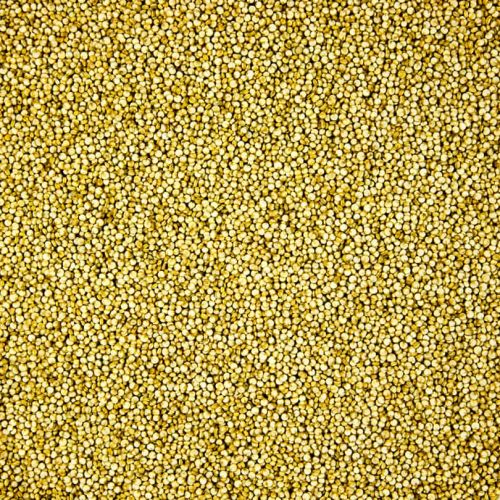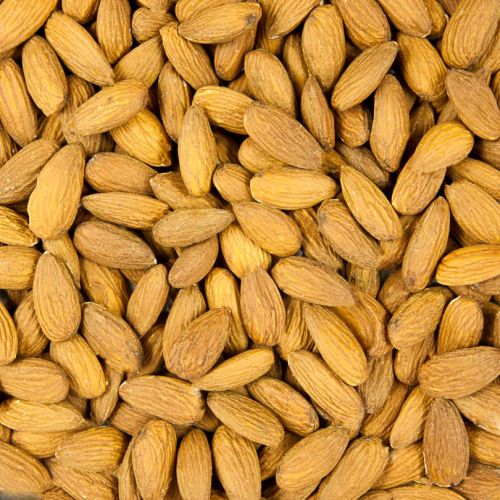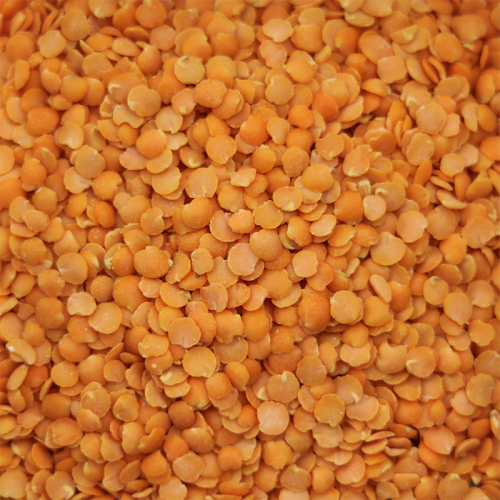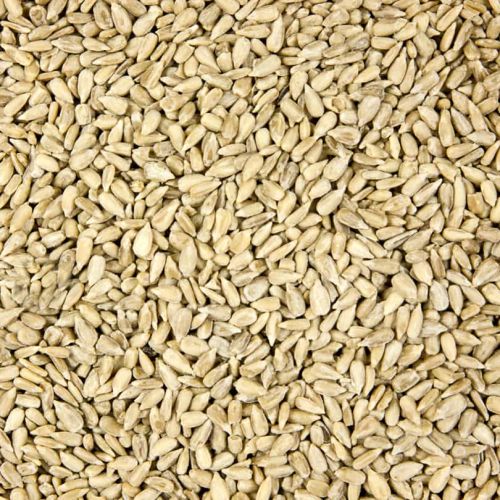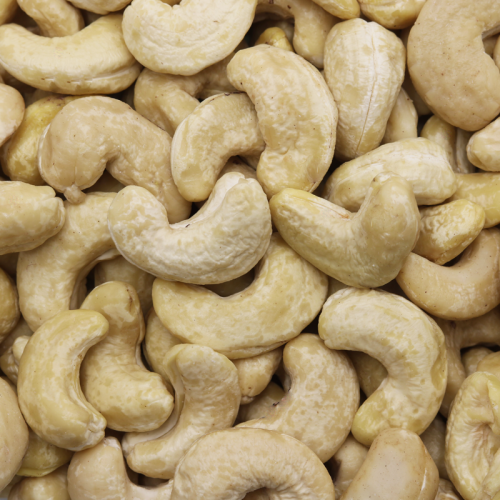As many as one in three people in the UK report experiencing symptoms of insomnia, which can range from trouble falling asleep to waking too early.
Research in recent years has pinpointed melatonin-rich foods as an effective way to enhance sleep. They support dropping off and provide a natural, non-pharmacological alternative to supplements.
Melatonin is the hormone that is mostly released at night and plays a key role in regulating the body’s natural rhythms, which, in turn, can impact sleep patterns.
And, in a world where sleep issues are increasingly common, turning to whole foods for support can offer a gentle, side-effect-free solution. Unlike supplements, food-based sources of melatonin are fused with other beneficial nutrients and fibre, supporting overall good health.
Incorporating foods that either contain melatonin or support its production can be a natural and effective way to promote better sleep and overall health.
The Sleep Charity provides advice and support to help sufferers regain control of their rest.
Lisa Artis, Depute CEO, explained: “Certain foods naturally contain melatonin or help the body produce it more efficiently, such as cherries, bananas, walnuts, almonds, and oats. These foods, when included as part of an evening snack, can gently support the body’s natural circadian rhythm.
Timing is key when it comes to eating before bedtime. Light, balanced snacks consumed one to two hours before bed are ideal.
“When combined with good sleep hygiene practices, a supportive diet can be a simple yet powerful tool in achieving better, more restorative sleep.”
Some foods contain natural melatonin and can help increase circulating levels of the hormone in the body. These foods act like gentle, edible sleep aids, especially when consumed in the evening. Others do not contain melatonin but are rich in tryptophan, magnesium, and vitamin B6 - key nutrients that are essential for the body to process melatonin efficiently.
Here are foods that either contain melatonin or can promote its production.
Tart Cherries And Juice
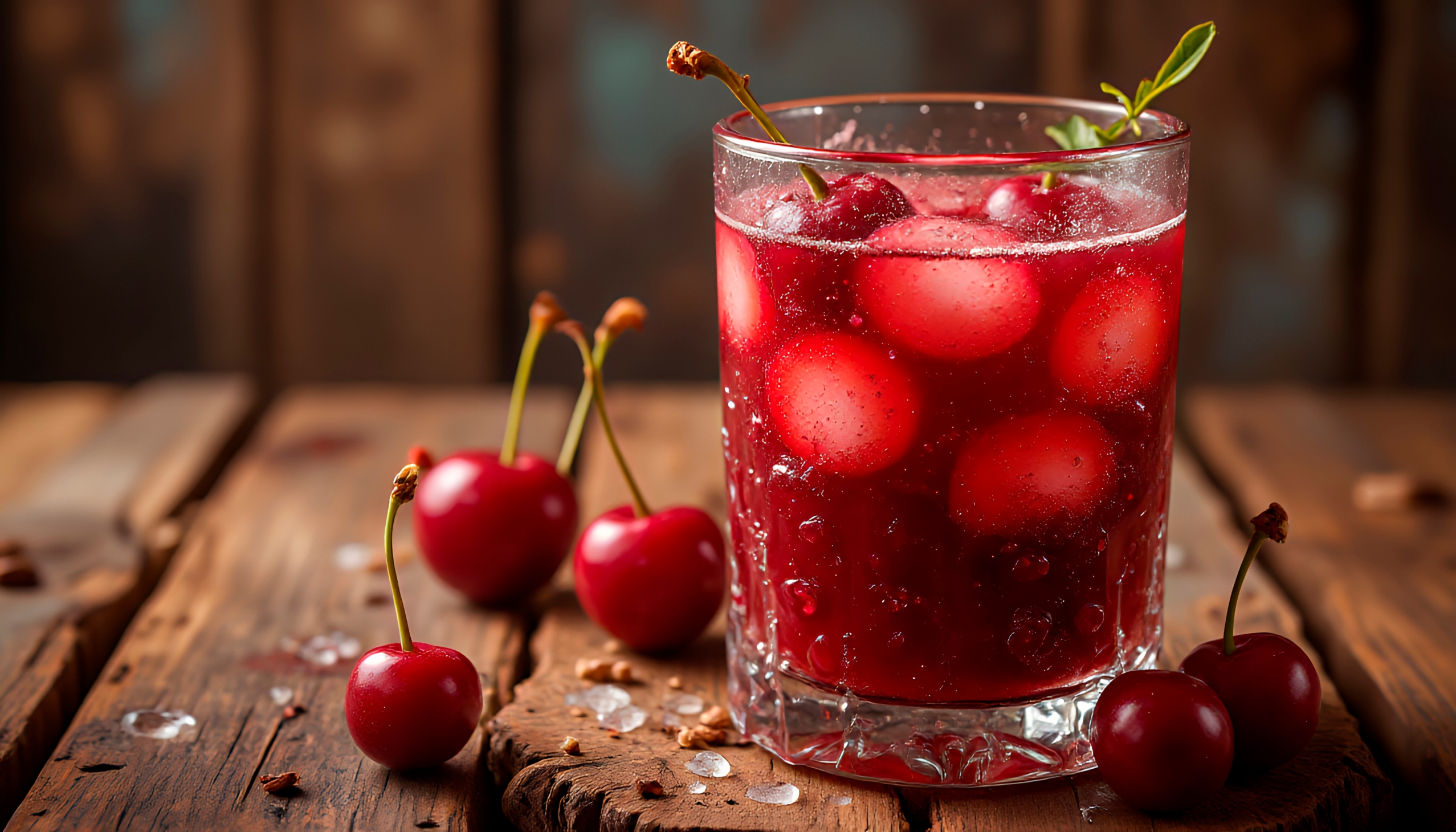

Photo Credit: "© [miguel] / Adobe Stock
This is possibly the best natural source of melatonin available and, while cherry juice is a fabulously easy way to take onboard the fruit’s goodness, it is worth remembering that eating whole cherries will add to your daily fibre intake, too.
Goji Berries
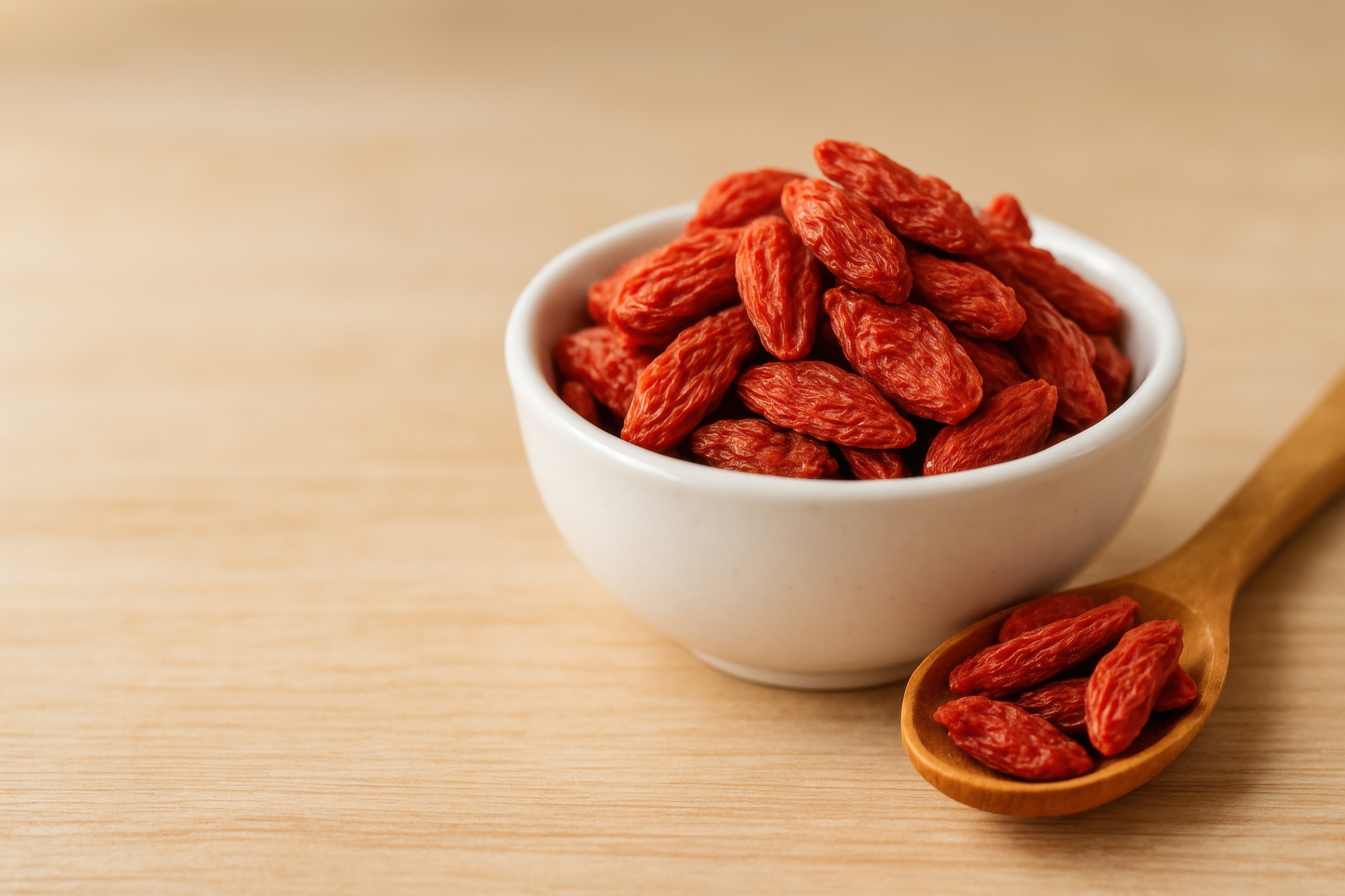

Photo Credit: "© [Sebastian] / Adobe Stock
The tiny goji berry has the highest concentration of melatonin and the third highest antioxidant capacity of any popular dried fruit. That’s five times more than raisins and second only to dried pomegranate seeds.
Pumpkin Seeds
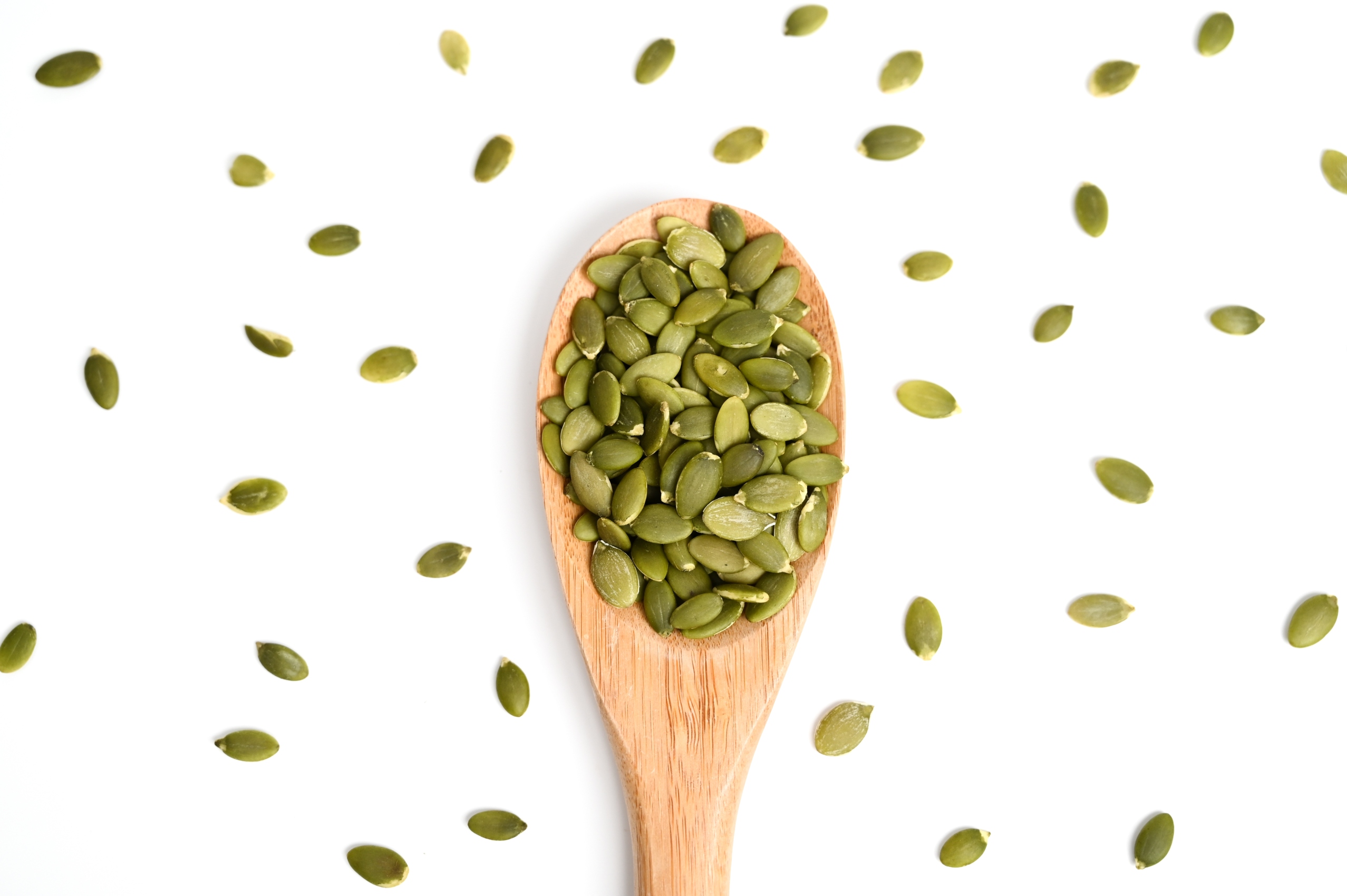

Photo Credit: "© [Tatsiana] / Adobe Stock
Pumpkin seeds are a natural source of tryptophan, an amino acid that the body uses to produce serotonin, which is then converted into melatonin. Rich in magnesium, zinc, and antioxidants, pumpkin seeds support a healthy nervous system and help relax the body before bedtime. Consuming a small handful of roasted pumpkin seeds in the evening may promote improved sleep quality by aiding melatonin production. They also provide healthy fats and plant-based protein, making them a nutritious and sleep supportive snack.
Sunflower Seeds
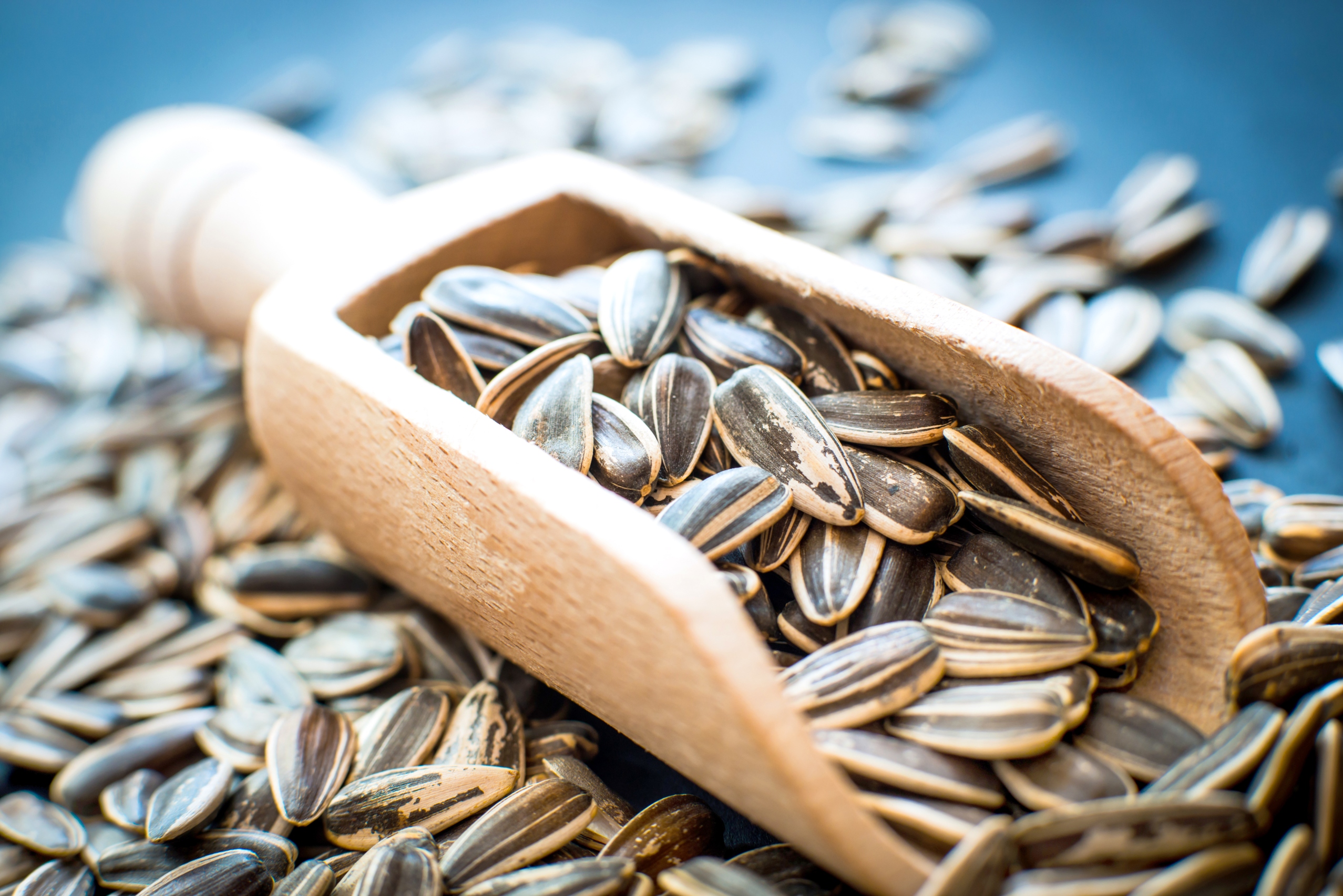

Photo Credit: "© [Ievgen Skrypko] / Adobe Stock
Sunflower seeds are a good source of nutrients that support melatonin production, including magnesium, tryptophan, and vitamin B6. The magnesium in sunflower seeds also promotes muscle relaxation and helps reduce stress. As a whole-food option, they provide a gentle, nutritious way to encourage restful sleep.
Tofu And Tempeh
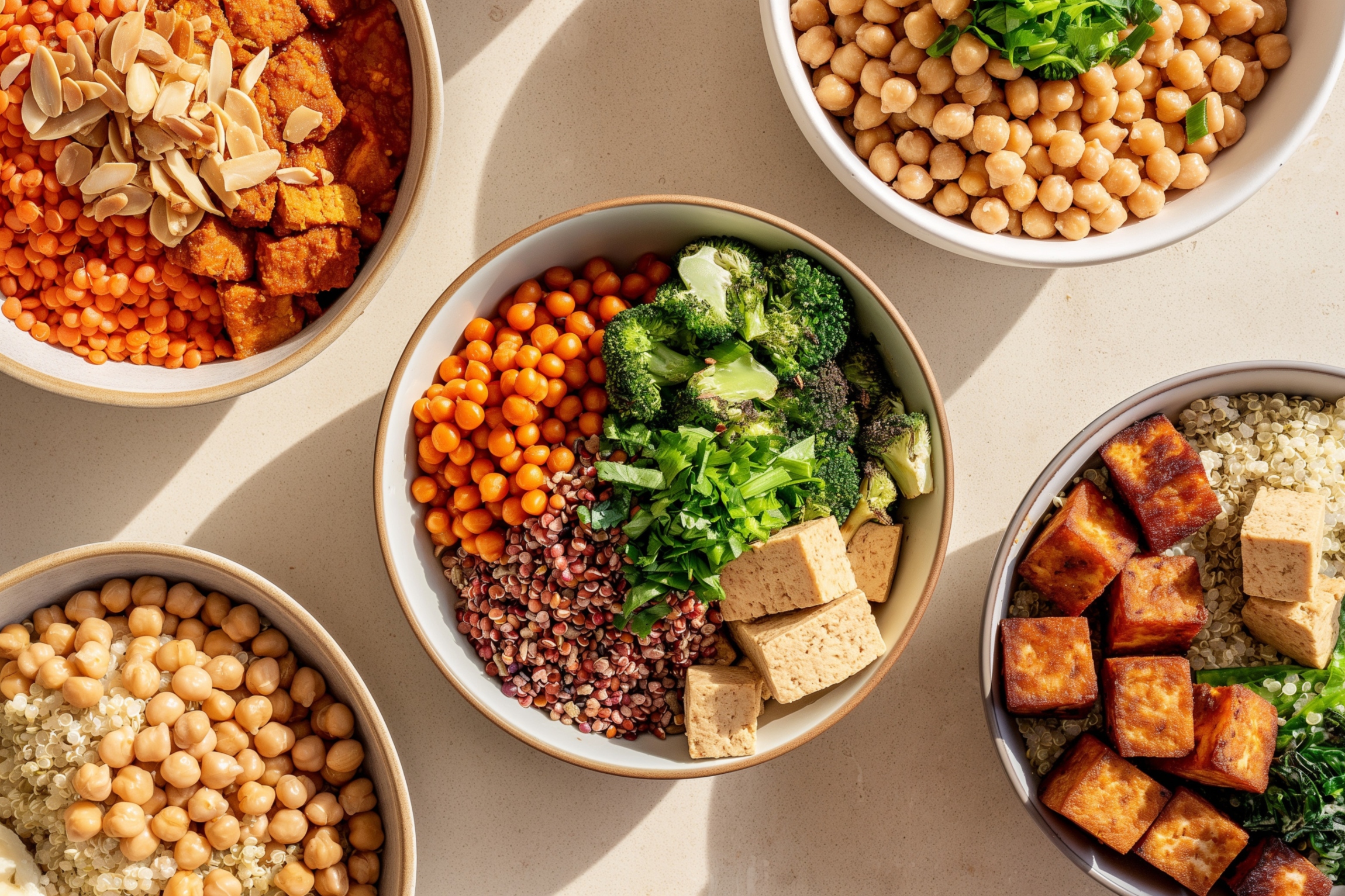

Photo Credit: "© [Gorifey] / Adobe Stock
Made from soybeans, tofu and tempeh are excellent plant-based sources of tryptophan as well as essential magnesium and calcium. As it is fermented, tempeh may also promote gut health, which is linked to improved mood and sleep quality. Including tofu or tempeh in your evening meals can naturally enhance melatonin levels.
Oats
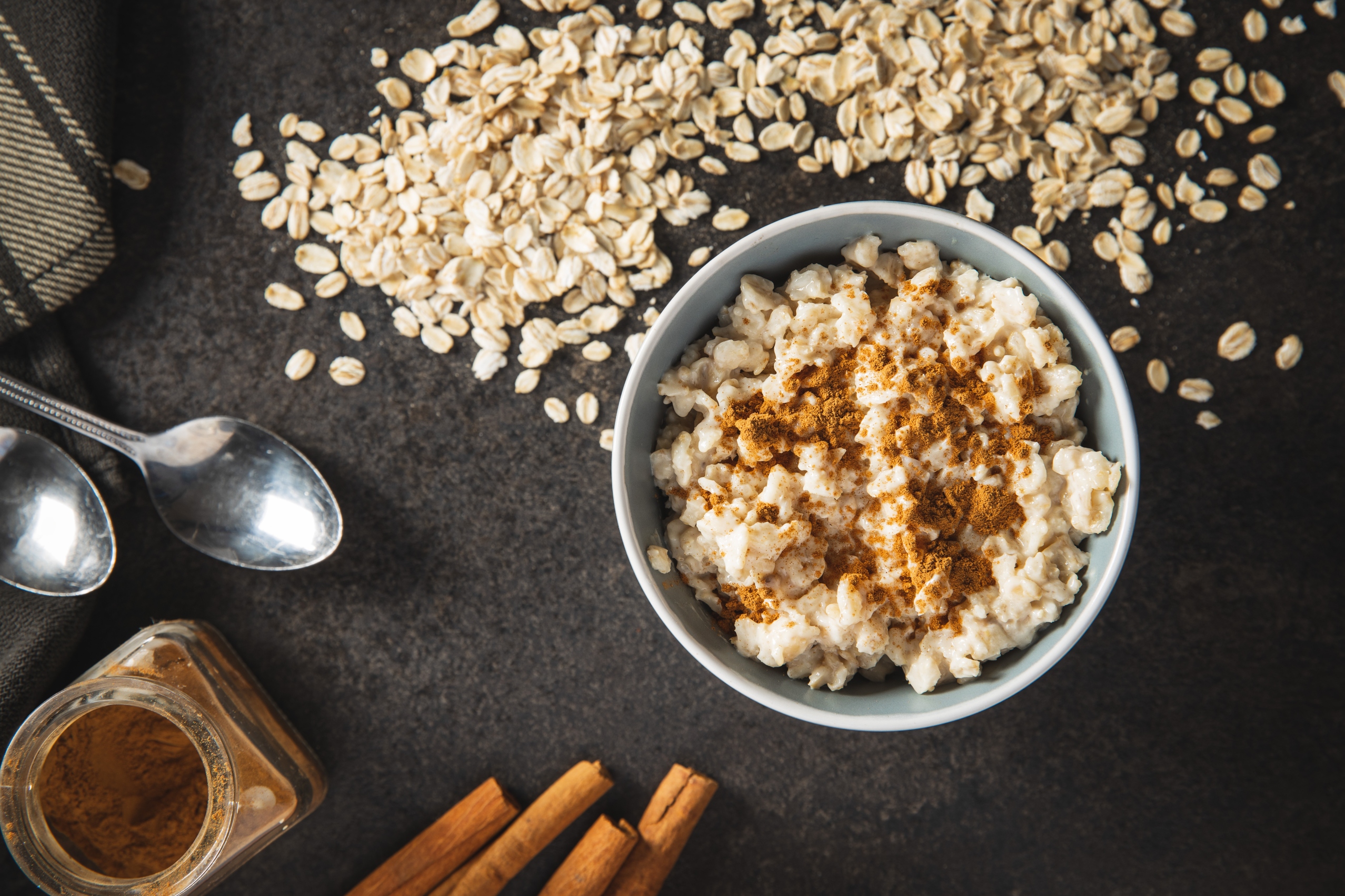

Photo Credit: "© [Jiri Hera] / Adobe Stock
Oats are a natural source of melatonin and key nutrients that support its production, including tryptophan, magnesium, and vitamin B6. Oats also have a low glycaemic index, which can help maintain stable blood-sugar levels overnight, supporting uninterrupted rest. A warm bowl of oats in the evening can gently boost melatonin levels and promote relaxation as well as being rich in fibre and complex carbohydrates. They are an ideal bedtime snack for encouraging deeper, more restful sleep.
Almonds
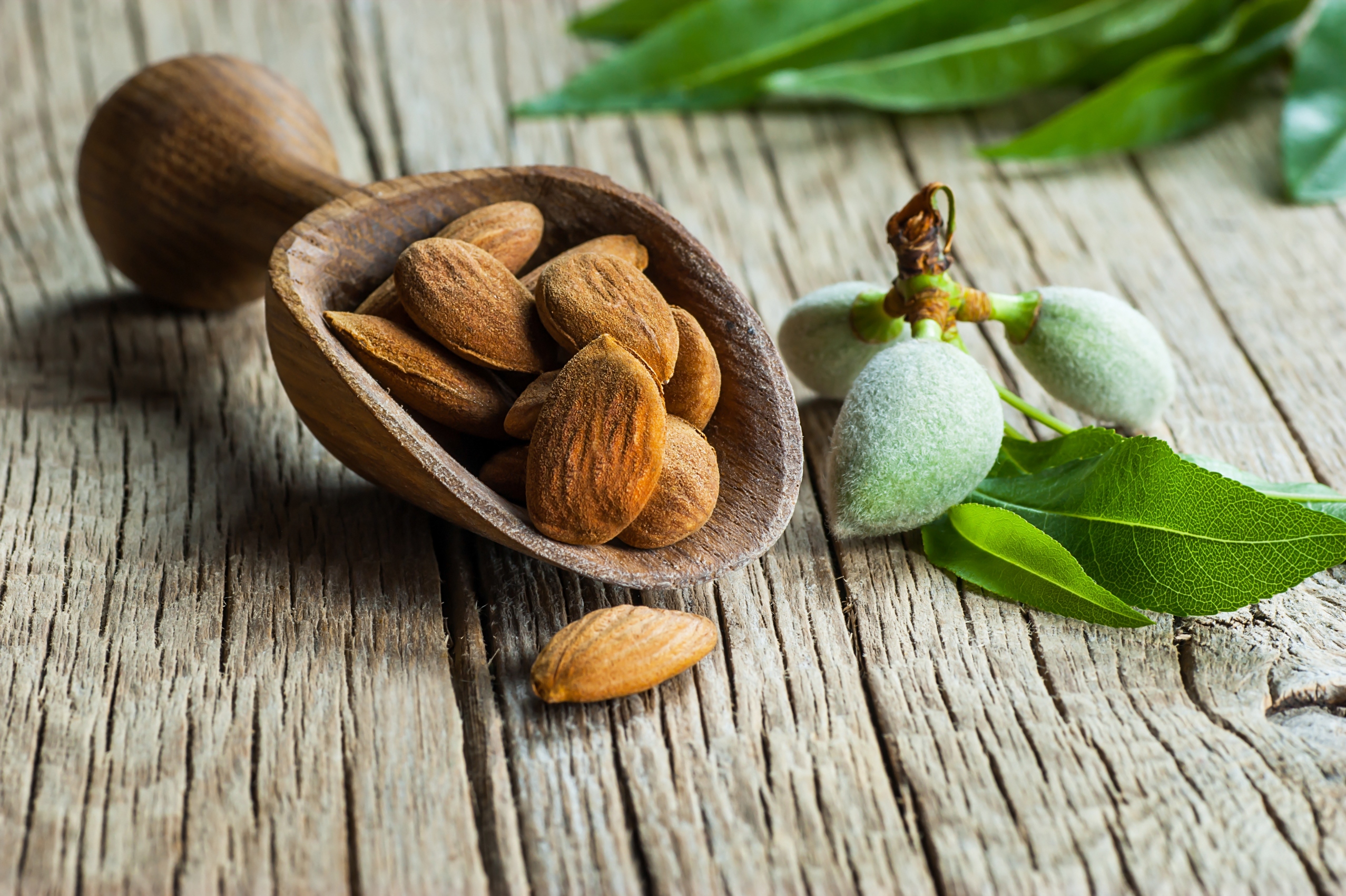

Photo Credit: "© [mescioglu] / Adobe Stock
Almonds are a rich source of melatonin. They also contain magnesium and calcium, minerals that promote muscle relaxation and calm the nervous system - key to falling asleep more easily. Eating a small handful of almonds before bed may enhance melatonin levels. As a nutrient dense, whole-food snack, almonds offer a simple and effective way to naturally support your body’s sleep rhythms.
Cashews
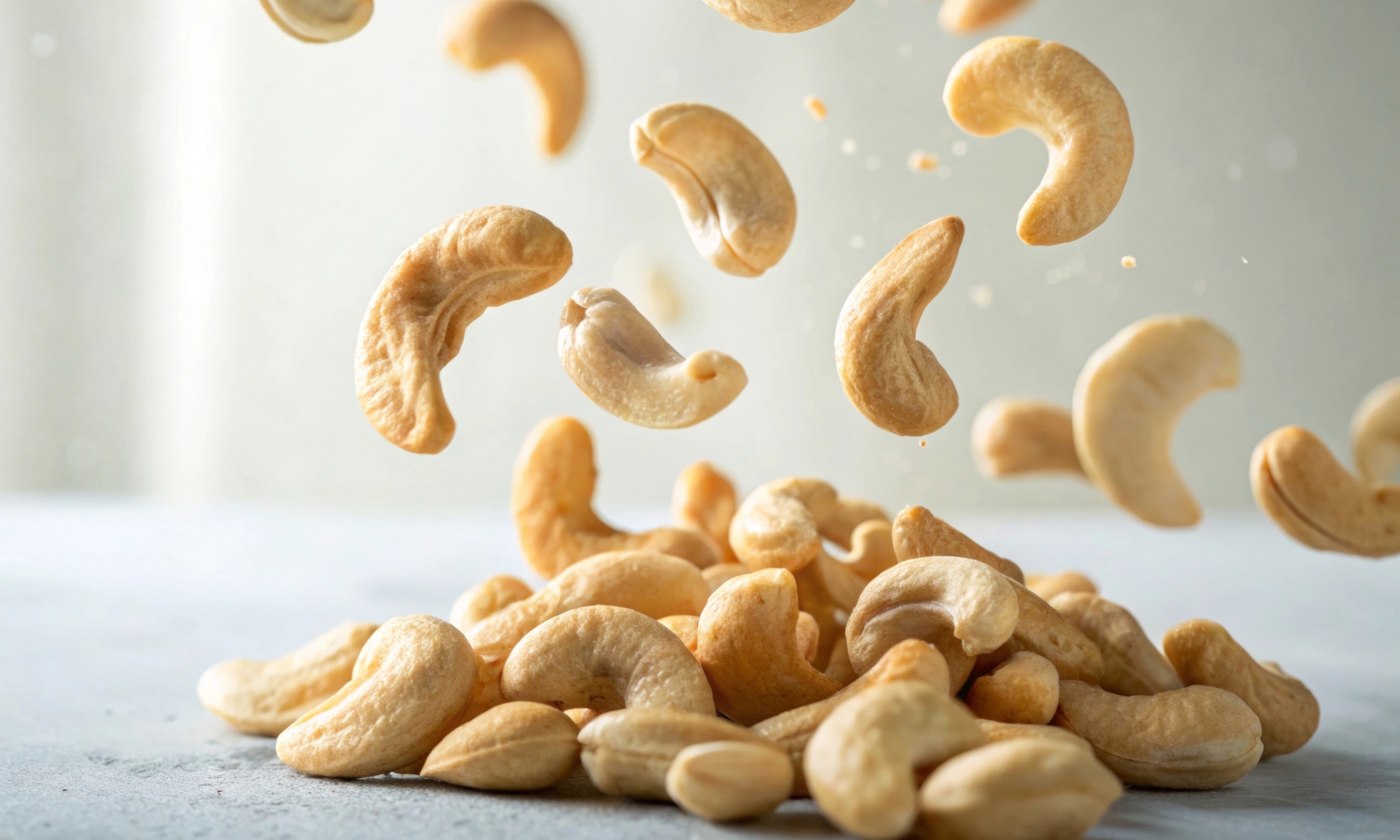

Photo Credit: "© [Sunset] / Adobe Stock
A nutritious nut that supports melatonin production indirectly through rich supplies of magnesium, zinc, and tryptophan. While cashews don’t contain high levels of melatonin themselves, their nutrient profile makes them a valuable food for promoting restful sleep. Magnesium and zinc also play vital roles in relaxing the nervous system and enhancing sleep quality.
Chickpeas
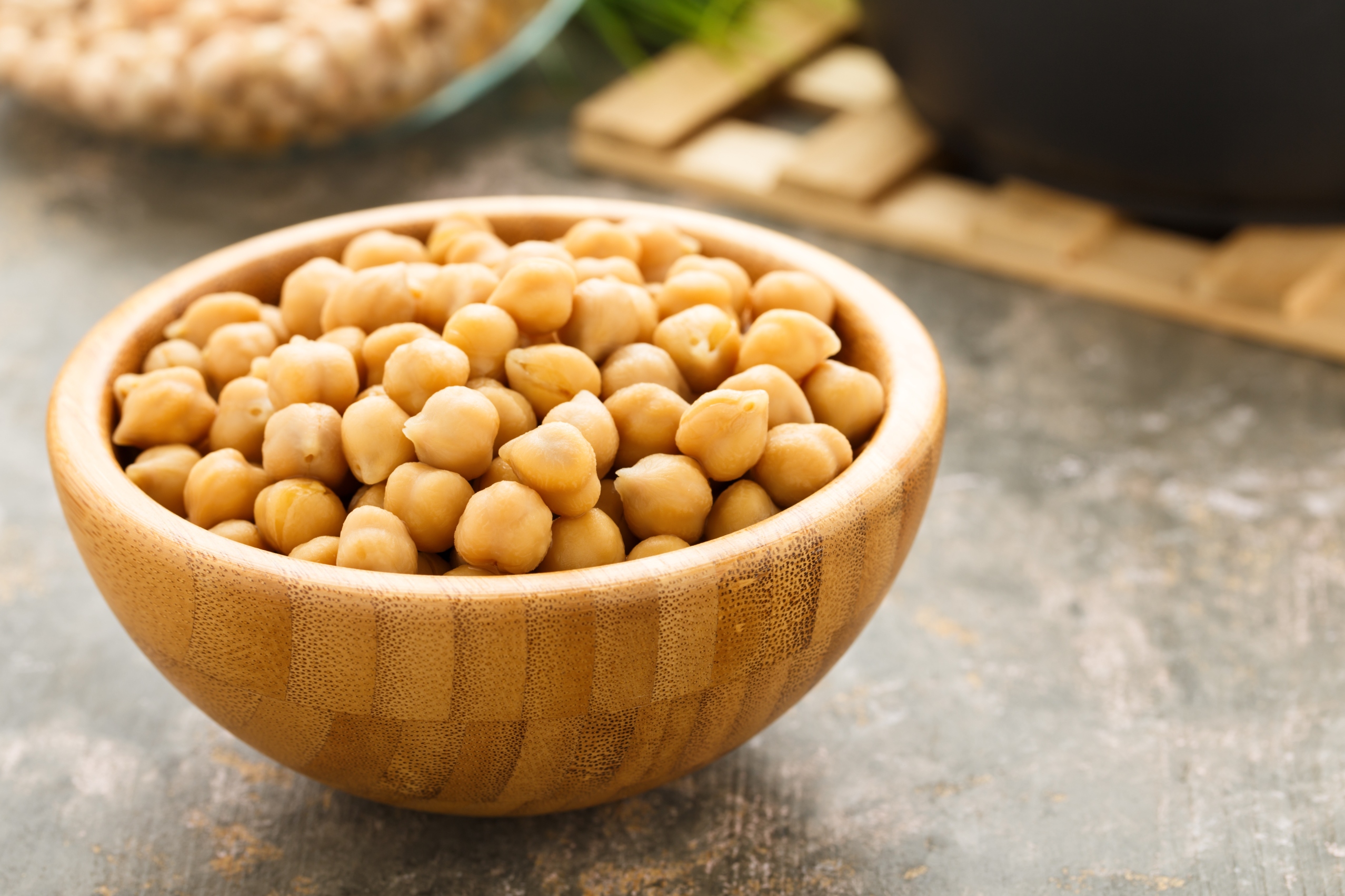

Photo Credit: "© [Martin Rettenberger] / Adobe Stock
A plant-based powerhouse that support melatonin production thanks to their high levels of tryptophan, magnesium, and vitamin B6. Including chickpeas in your diet, whether in hummus or stews, is a wholesome, nutrient-rich way to support restful and restorative sleep.
What the NHS says:
Everyone needs different amounts of sleep. On average, adults need seven to nine hours a day, while children need nine to 13 hours. Toddlers and babies need between 12 and 17 hours. A good rule of thumb is, if you’re constantly tired during the day, you’re not getting enough sleep.
ADVICE: See a GP if changing your sleeping habits has not helped your insomnia, you’ve had trouble sleeping for months, or your insomnia is affecting your daily life in a way that makes it hard for you to cope.
Melatonin Friendly Shopping List
Fruits (Melatonin + B6)
- Tart Cherries
- Goji Berries
- Bananas
- Grapes
- Avocados
- Tomatoes
Nuts And Seeds (Magnesium + Tryptophan)
Protein
Grains And Legumes
Extras
- Herbal Teas (like chamomile)
